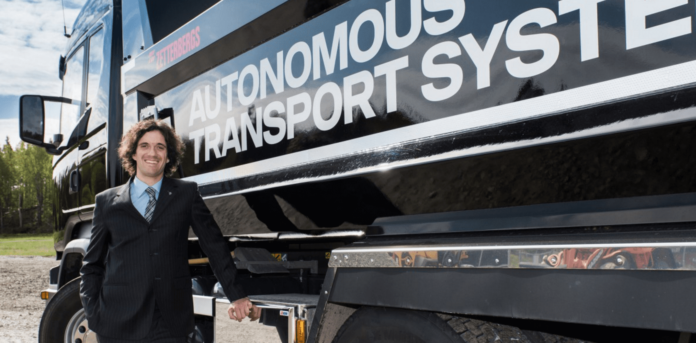Imagine sitting in traffic on a crowded interstate and trying to download a podcast to help pass the time. You may experience congestion-related lag because so many of your compatriot commuters are doing the same thing, which, in sum, strains localized network resources.
And that’s on LTE and the applications it’s designed to support. Now look to the future of 5G networks and the applications like autonomous driving its meant to support. Network congestion will not be acceptable given the direct life safety impact it could have given its support for vehicle-to-vehicle, vehicle-to-infrastructure, vehicle-to-cloud and other connections that should help safely drive a vehicle.
But how will this critical traffic on 5G networks be made reliable enough to support its weighty task? Swedish networking giant Ericsson and partner Scania, a 125-year-old Swedish automotive manufacturer, are conducting tests to answer that question.
Scania is currently testing Ericsson 5G technology components with an eye on autonomous driving. The two firms have installed pre-5G mobile base stations at Scania’s research and development facility, which is next to the company’s test track.
“The new test network with its 5G components allows for a high quality mobile network service, with low latency and high bandwidth, where a lot of complex data can be transferred very quickly and very reliably–providing us with a priority communications lane when it comes to projects such as autonomous driving or platooning,” Scania Project Manager for City Automation Anders Ställberg said.
He continued: “Having a priority lane has sometimes been an issue in crowded pre-5G networks, where users have to jostle for space with those who are streaming films, music or games, for example. 5G will support many more instances of use than 4G networks–particularly in communication between machines.”
Information from the equipment trials of 5G networks will be used by both companies. “It allows Scania to further develop the capabilities underpinning our ongoing projects, while Ericsson fulfills its desire to test its new technology in a working, practical environment,” Ställberg said.
Torbjörn Lundahl, Programme director for the 5G National Research Programme at Ericsson Research, said the trials will help deepen “our understanding of the transport sector, which is a focus industry for Ericsson. We want to show other companies what 5G will be able to do to enable and support the digital transformation of their industry, and we hope to gain valuable insights and innovations that will enable industries to become digital, using 5G as an enabler.”

